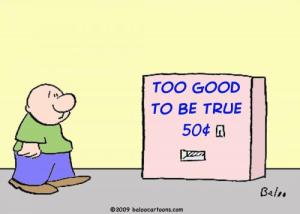People have been predicting the end of traditional publishing for years.
Much of this doom-mongering has been uninformed, often accompanied with the sound of axes grinding.
But now, I can see it for myself, and I need to call it for what it is.
The momentum for change is inescapable. “Big” publishing is rapidly changing: not necessarily winding down, but metamorphosing in ways that fundamentally change the definition of what we have always understood publishing to encompass.
Here are some of the things I see:
What does all this mean?
We’ll find out in the weeks and months ahead. But for now, let me just say – I still believe in the essential role and relevance of writers to our culture. How do we survive – and thrive – in this rapidly-changing world?
That’s the challenge.
And that is why Litopia will be more, not less, important to the survival of writing and writers in the 21st century.
Much of this doom-mongering has been uninformed, often accompanied with the sound of axes grinding.
But now, I can see it for myself, and I need to call it for what it is.
The momentum for change is inescapable. “Big” publishing is rapidly changing: not necessarily winding down, but metamorphosing in ways that fundamentally change the definition of what we have always understood publishing to encompass.
Here are some of the things I see:
- Many of the best, most experienced publishers and editors are being moved out in favour of younger (cheaper) staff. This is not to say that publishing doesn’t need an infusion of new blood – it does – but we are in danger of creating a “year zero” situation.
- Publishing is shifting strongly towards an IP-based culture. Personally, I cannot get excited by the novelization of Avengers: Infinity War – Part 2 which is where we’re headed.
- Mergers and layoffs – self-evident.
- End of the age of Big Advances... which means...
- The end of traditional literary agents (no-one can live on 15% of a £10k advance)
- And finally... Failure to appreciate that the reading culture is fundamentally changing, and adapting to that.
What does all this mean?
We’ll find out in the weeks and months ahead. But for now, let me just say – I still believe in the essential role and relevance of writers to our culture. How do we survive – and thrive – in this rapidly-changing world?
That’s the challenge.
And that is why Litopia will be more, not less, important to the survival of writing and writers in the 21st century.

